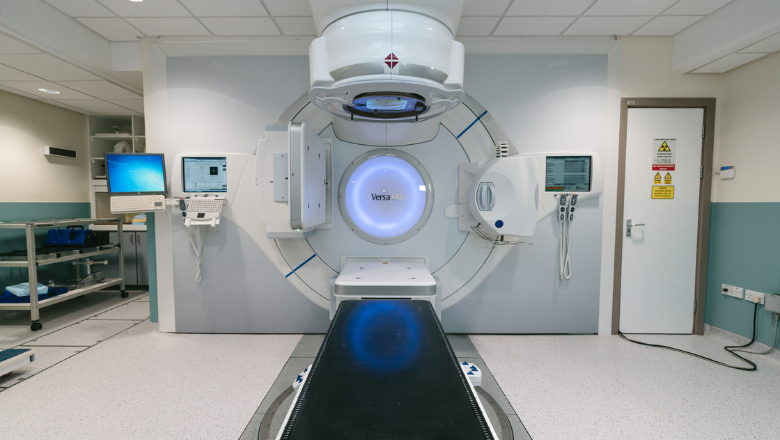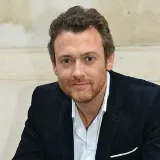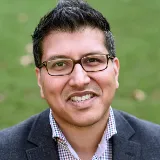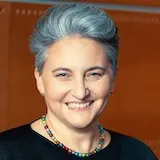We are delighted to be working on this critical program that provides a welcome spotlight on the critical issue of financing of national cancer control programs. Countries across Africa, mainly in Sub Saharan Africa, face multiple intersecting challenges to delivering healthcare. Implementation of cancer plans and sustainable financing remains a critical area for health system strengthening.
Dr Miriam Mutebi, President AORTIC
12 May 2025
Institute of Cancer Policy to lead World Bank strategic review of financing for global cancer
The Institute of Cancer Policy (ICP) at King's has been appointed by the World Bank to lead a major strategic review of global cancer that will inform its global and national operations.

The review will see a range of experts from King’s and around the world work together to understand countries' cancer transitions, the integration of cancer into health systems strengthening, and financing mechanisms to support national cancer planning. The programme team will create a broad strategy and toolkit that will inform the World Bank's future work on cancer control.
Led by Professor Richard Sullivan, Director of the ICP, with Professor Ajay Aggarwal and Dr Julie Torode the program brings together cross-Faculty expertise at King’s with some of the world’s most influential experts and organisations.
The World Bank have recognised the critical importance and complexity of financing cancer care that both integrates national planning into wider health systems strengthening as well as addressing the specificities of treating this diverse disease.
Professor Richard Sullivan, Director of the ICP
A key objective of the programme is to align a country’s state of cancer systems development with the financing mechanisms available through the World Bank Group. This will involve establishing country groups that reflect their level of health and cancer system transition. These categories will inform the varying strategies necessary to align World Bank country operations.
Furthermore, the program also seeks to understand the key losses to human capital from different site specific cancers, and the action the World Bank can take the help mitigate these damaging economic effects. Cancers such bowel or breast have a high survival rate if diagnosed or treated in a timely fashion. Prioritising these cancers, for example, not only save countless lives but also bring significant economic benefits to countries
The program will also look to learn more about which models of cancer care are effective for different cancer transition countries. Fragile countries or countries experiencing conflict will have, for example, very specific cancer system strengthening requirements.
As a body that provides loans and grants, the mechanisms used by the World Bank to provide financial support are diverse. The program will provide a broad assessment of how mechanisms to allocate funding could work from a social, environmental and economic perspective that is contextual to diverse settings and leverages the unique opportunities in different environments.
The global economic cost of cancer from 2020 to 2050 is estimated to be $25.2 trillion in international dollars (at constant 2017 prices), equivalent to an annual tax of 0.55% on global gross domestic product. Whilst great strides have been achieved in developing new cancer technologies from medicines to surgical robots, as well as better cancer services and systems global progress has been grossly unequal, favouring mostly high-income settings. Whilst most countries have created some type of NCD, or cancer plan the gap between planning and implementation has widened considerably. With future financial and development challenges only serving to potentially exacerbate this.
The World Bank has recognised that to address this implementation gap, and to deliver national cancer plans for better, more equitable, and affordable outcomes for patients and countries new financing models and global partnerships will be required.



